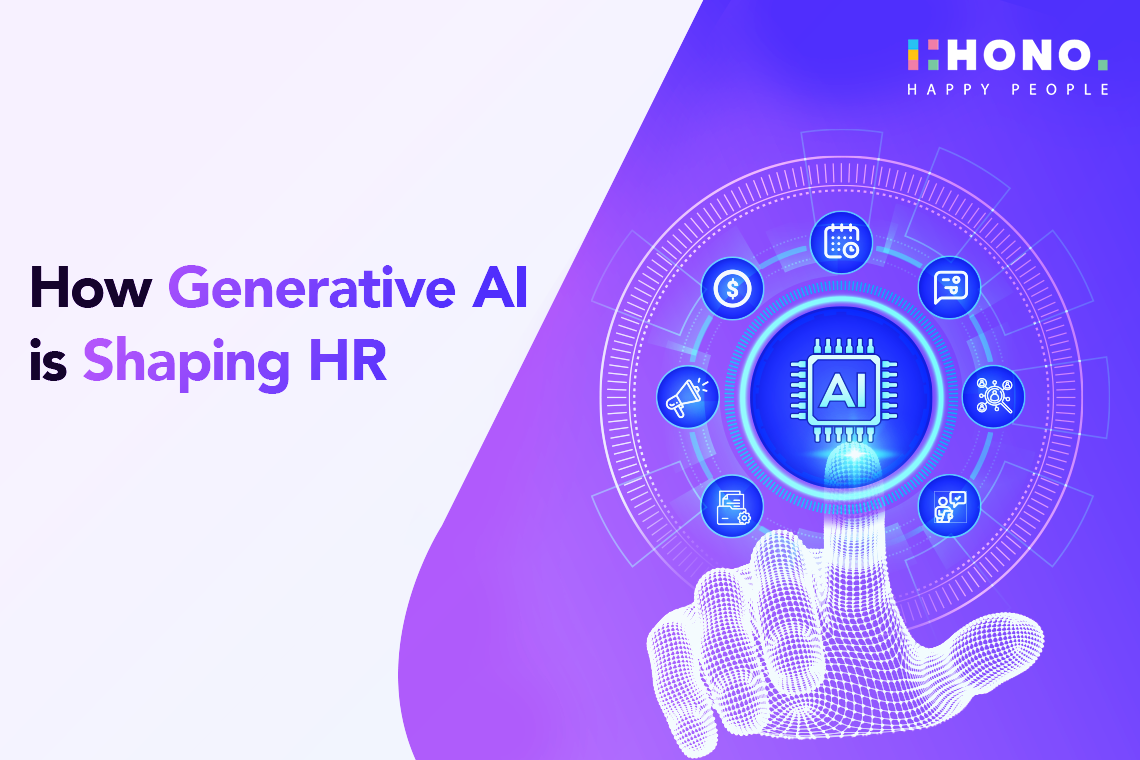Deciphering Payroll Software: How It Works & Its Impact on Businesses
5 mins

How Payroll Software Works?
Payroll software automates the entire payroll process, taking the burden off your shoulders. It handles tasks like tracking employee hours, calculating wages, accounting for taxes and even managing time-off requests. Whether you have salaried employees or hourly workers, payroll software ensures accurate payments, even factoring in overtime.
One significant advantage is that it automatically deducts the right amount of taxes from employee paychecks. This means you won't have to worry about complex tax calculations or facing IRS issues during tax season. Additionally, payroll systems often provide online portals for employees to access their payment information, such as tax deductions and 401(k) withdrawals.
In short, payroll technology allows you to focus on running your business while it takes care of the administrative tasks, making your life easier.
What are the Impacts of Payroll Software on Businesses?
But why is payroll software so important for businesses? Well, adopting a manual process can be incredibly time-consuming and resource-draining, especially as your company expands. You would have to meticulously track hours, research tax laws and ensure accurate payments, all while juggling other business responsibilities.
Moreover, as your business grows, keeping up with these manual processes becomes overwhelming. Mistakes can lead to costly consequences, including IRS penalties and disgruntled employees. Payroll software not only ensures accuracy but also offers a safety net with 100% accuracy guarantees from many service providers.
What are the Costs of Payroll Solutions?
Of course, it is important to consider the cost when choosing a payroll solution. Payroll services typically offer two payment structures: monthly payments and per-payroll payments. Monthly fees can range from $30 to $150, with additional employee fees from $2 to $15 per employee per month. Per-payroll structures involve a fee each time you run payroll, along with per-employee fees. Your choice depends on your business's size, frequency of payroll runs and budget.
How to select the Right Payroll System?
Choosing the best payroll system for your business involves a few important considerations:
Features: Determine the features you need, such as payment options, time-off management, workers' compensation administration, and more. Multiple payment options, like checks, direct deposits, or pay cards, can be a vital feature.
Cost Structure: Analyze your business's payroll frequency to decide between monthly and per-payroll payment structures.
Integration: If you rely on other software, look for flexible payroll solutions with integrations, such as time and attendance or HR software.
Employee Self-Service: Ensure that the payroll system provides self-service access for employees to view their pay stubs, tax forms, and other essential information.
Time-Off Management: Decide whether your payroll provider should manage time-off requests for your employees.
Compliance Reporting: Check if the payroll software offers compliance-reporting tools to report new hires to the government. 
Completing Payroll for Your Business
Now, when it comes to completing payroll, you have several options:
In-House Payroll: You can establish your own manual process, which can be time-consuming.
Payroll Software: Numerous software options are available to automate the process, making payments and tax calculations accurate and efficient.
Payroll Provider: Payroll service providers offer peace of mind, handling various payroll tasks, ensuring compliance and protecting against errors.
Professional Accountant: An accountant can manage payroll on your behalf while also handling other financial aspects of your business.
The choice depends on your business's needs and budget. Small companies may find cost-effective solutions, while larger ones may opt for payroll providers or software to ensure tax compliance and efficiency.
Setting Up a Payroll System
When setting up a payroll system, follow these steps:
- Collect necessary payroll forms, such as W-2, W-4, 1099, and others, during the onboarding process.
- Choose a payroll schedule that suits your business and employee preferences.
- Decide how to pay your employees, whether through checks, direct deposit or pay cards.
- Calculate payroll withholdings accurately to avoid IRS issues.
Relevant: Choose the Best Payroll Software for Large Companies
Payroll software is a game-changer for businesses, simplifying the complex task of managing employee payments and taxes. By understanding how it works and its impact on your business, you can make informed decisions to streamline your payroll processes, reduce errors, and ensure your employees are paid accurately and on time. Whether you're a small business or a larger corporation, HONO HR can make your life easier and your business more efficient.
Request a Demo Now!
.png?width=70&height=70&name=Team%20HONO%20logo-01%20(1).png)
Team HONO








.jpg)
